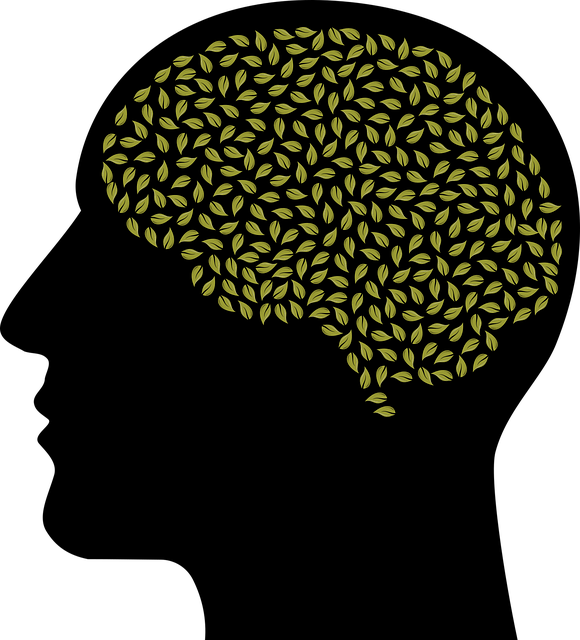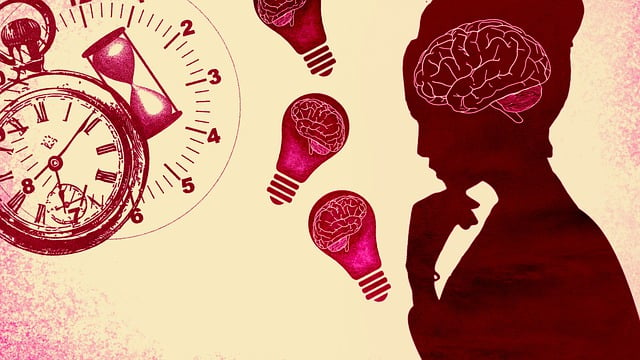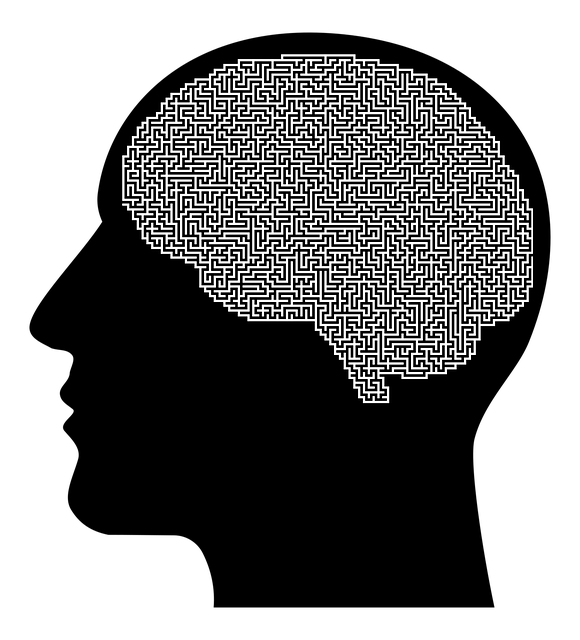Wheat Ridge Cancer Issues Therapy (WRCIT) emphasizes the connection between social skills and mental well-being, offering specialized programs for individuals with mental health conditions, especially healthcare professionals. Through evidence-based practices like compassion cultivation and mindfulness meditation, WRCIT equips clients with tools to manage stress, improve emotional regulation, and navigate social situations comfortably. Their workshops enhance communication, empathy, and emotional intelligence, fostering connection, reducing isolation, and ultimately supporting holistic mental health outcomes. By combining social skills training with self-care and group support, WRCIT revolutionizes mental health treatment, empowering individuals and healthcare providers to thrive.
Social skills training is a powerful tool in managing mental health conditions, offering a unique approach to enhancing well-being. This article explores the intricate relationship between social interactions and mental health, delving into how issues like anxiety or depression can impact daily conversations. We present Wheat Ridge Cancer Issues Therapy as an innovative solution, providing techniques and strategies inspired by this successful program. Through group support and practical exercises, individuals build resilience, fostering healthier social connections.
- Understanding the Link Between Social Skills and Mental Health
- The Impact of Mental Health Conditions on Social Interactions
- Wheat Ridge Cancer Issues Therapy: An Approach to Social Skills Training
- Techniques for Enhancing Social Communication in Mental Health Treatment
- Building Resilience Through Group Support and Practice
Understanding the Link Between Social Skills and Mental Health

Social skills are integral to our overall well-being, and their relationship with mental health is a growing area of interest in therapy. Many mental health conditions can impact an individual’s ability to interact socially, leading to feelings of isolation and further exacerbating symptoms. For instance, individuals dealing with anxiety disorders might find social situations overwhelming, while those with depression may lack the motivation for social engagement.
At Wheat Ridge Cancer Issues Therapy, we recognize that addressing these social skills gaps is crucial. Our approach involves introducing compassion cultivation practices and mindfulness meditation techniques through Stress Management Workshops Organization sessions. These evidence-based methods help clients build resilience, manage stress, and improve their overall ability to navigate social interactions. By fostering a sense of connection and understanding, these practices contribute to a more positive mental health outlook.
The Impact of Mental Health Conditions on Social Interactions

Mental health conditions significantly shape and impact an individual’s social interactions, often leading to challenges in connecting with others. Conditions such as anxiety disorders, depression, or bipolar disorder can make it difficult for individuals to engage in conversations, interpret social cues, and maintain relationships. For instance, a person struggling with anxiety might avoid social situations altogether due to the fear of judgment or embarrassment, leading to isolation and further exacerbating their condition. Similarly, those dealing with mood swings associated with bipolar disorder may exhibit abrupt changes in behavior, making it hard for them to sustain meaningful friendships or professional interactions.
At Wheat Ridge Cancer Issues Therapy, we recognize that addressing these social challenges is a crucial aspect of holistic mental wellness. Our specialized programs aim to equip individuals with the necessary tools and skills to navigate social situations more comfortably. Through crisis intervention guidance and emotional healing processes, we support clients in developing coping mechanisms to manage their symptoms during interactions. Additionally, our Mental Wellness Journaling Exercise Guidance encourages individuals to reflect on their experiences, fostering self-awareness and personal growth while promoting positive social engagement.
Wheat Ridge Cancer Issues Therapy: An Approach to Social Skills Training

Wheat Ridge Cancer Issues Therapy (WRCIT) offers a unique and innovative approach to social skills training tailored for individuals with mental health conditions, particularly those in the healthcare sector. This therapy focuses on empowering participants to navigate social interactions with confidence and resilience, addressing challenges often faced by healthcare providers dealing with emotional regulation issues. By employing evidence-based techniques, WRCIT provides valuable tools for burnout prevention strategies, ensuring professionals can maintain their emotional well-being while delivering exceptional patient care.
The program’s effectiveness lies in its comprehensive curriculum designed to enhance communication skills, empathy, and emotional intelligence—crucial aspects of promoting emotional well-being among healthcare providers. Through interactive workshops and group discussions, participants learn effective coping mechanisms, stress management strategies, and valuable techniques to foster positive connections with colleagues and patients alike. With a focus on both personal growth and professional development, WRCIT aims to revolutionize the way healthcare workers approach social skills training, ultimately improving their overall mental health and job satisfaction.
Techniques for Enhancing Social Communication in Mental Health Treatment

Social skills training is a valuable component of mental health treatment, offering techniques to enhance communication and interaction. This approach is particularly beneficial for individuals navigating conditions like anxiety or depression, which can impact social engagement. Through structured exercises and role-playing scenarios, patients learn effective strategies to initiate conversations, actively listen, and express themselves clearly. Such practices foster better connections with peers and support networks, promoting a sense of belonging and reducing feelings of isolation.
Incorporating self-care practices alongside these training sessions can further strengthen the healing process. Techniques such as mindfulness meditation and stress management exercises empower individuals to regulate their emotions and respond adaptively in social situations. Additionally, focusing on burnout prevention ensures that patients can maintain their mental well-being while building and nurturing meaningful relationships, ultimately contributing to improved outcomes in mental health care, much like Wheat Ridge Cancer Issues Therapy focuses on holistic healing.
Building Resilience Through Group Support and Practice

Building resilience is a key aspect of managing mental health conditions, and group support plays a pivotal role in this process. At Wheat Ridge Cancer Issues Therapy, we understand that navigating mental wellness can be challenging, but our approach emphasizes the power of community. Through structured group sessions, individuals with similar experiences come together to share their journeys, offering both comfort and inspiration. This collective environment encourages participants to develop coping strategies tailored to their unique struggles, fostering a sense of belonging and emotional resilience.
Our specialized therapy programs integrate Mental Wellness Journaling Exercise Guidance as a tool for self-reflection and personal growth. By documenting thoughts and emotions, individuals gain valuable insights into their mental health patterns. Additionally, our trained therapists provide practical Emotional Well-being Promotion Techniques, helping clients manage stress and enhance their overall emotional resilience. We also conduct thorough Risk Assessment for Mental Health Professionals to ensure a safe and supportive space where everyone can actively participate in building their support network.
Social skills training, as exemplified by the innovative approaches at Wheat Ridge Cancer Issues Therapy, plays a pivotal role in enhancing mental health support. By understanding the intricate link between social competence and mental well-being, and addressing the unique challenges faced during social interactions due to conditions like cancer or other mental health issues, this type of therapy offers a comprehensive strategy for improvement. Through techniques tailored to individual needs, group support, and practical exercises, individuals can build resilience, foster meaningful connections, and experience a significant positive impact on their overall mental health.











